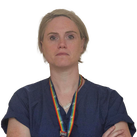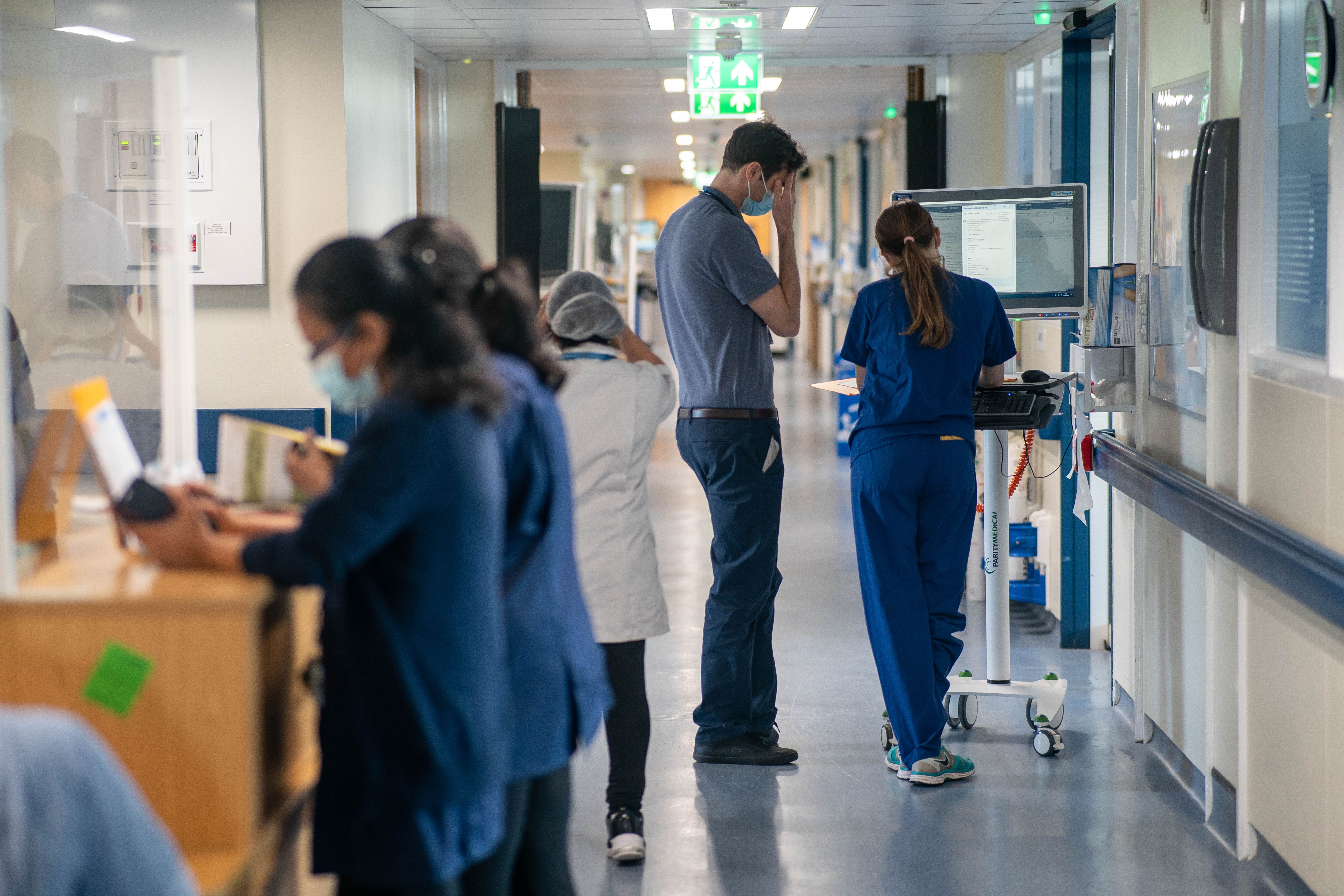I’m a female surgeon – these are the horrific sexual abuses we face every day
Greta McLachlan co-authored the report that revealed one in three female surgeons had been sexually assaulted in hospital operating theatres. Here she describes their shocking and humiliating experiences at the hands of senior doctors


This week’s publication into sexual misconduct in surgery, and the accompanying report, which I co-authored, make for shocking reading. The statistics are hard to deny, and the testimonials are heartbreaking. But for many women working in healthcare, neither are surprising.
Surgery is a small world. People talk. Everybody knows everybody else. Someone may accuse their training programme director who is friends with the consultants at the hospital they currently work at, or the president of a surgical college who wields greater power and influence, or even someone who oversees programmes across a very broad area. It is a highly interconnected world to exist in.
Once a complaint is raised, the retorts begin: “But he’s such a good surgeon,” “He’s so good with patients,” “He couldn’t possibly be abusing trainees because he is so supportive of them in meetings.”
The complainant is often viewed under suspicion – “She must be lying.”
For busy NHS management, the easiest option is to dismiss the case, as the doctor in training will move on to a new hospital, but the accused consultant can stay as he is too important and needed to treat patients and train other doctors.”
There are waiting lists to get through, and this surgeon works extra shifts at weekends, he brings in money to the trust, if we suspend him there is no one to do the extra work, patients will suffer.
They might conclude that, “Maybe she’s confused about what she thought happened. After all, she’s just a trainee. Maybe she misunderstood the friendly banter which he is well known for. Anyway, she’ll move hospital soon enough.”
So, perpetrators are given a green light to continue doing what they have always been doing – with impunity. And because of this, women are being raped.
The results in the published survey are based on evidence and research. In medicine, when there is an evidence base, we change practice accordingly.
I have been sent many personal histories during my time talking and writing on this matter, and they are truly depressing.
There is the nurse who was raped and whose rapist is still in his post. The student whose bottom was groped in front of others, with the consultant declaring “nothing will happen if I do this.” The consultants who ranked the trainees in order of who they would “f**k first.” The pregnant trainee whose consultant touched her belly and told her he finds pregnant women very sexy. These experiences are not the exception – for many they are tragically an unavoidable part of the culture.
I do not want to work in a place where my boss references his wife’s “assets” or his colleague’s genitalia or teases the nurse about his sex life. These all speak to an environment that is woefully ill-equipped to deal with such serious matters.
This is not the first time that surgery in the UK has been labelled as having a “MeToo movement.” There have been several over the years – the last was two years ago – with personal accounts of women surgeons who had experienced these behaviours shared in print and online.
Subsequent investigations by the British Medical Association (BMA) and The Guardian have shown a healthcare service grossly inadequate at dealing with cases of sexual misconduct. Calling this a “MeToo movement” is a headline-grabbing way to describe what is happening: we are finally shedding light on the dark and seedy underbelly of surgery.
Some early progress has been made this time – the General Medical Council (the regulators of doctors) and NHS England (which represents NHS employers and training bodies) have issued their own charters against sexual misconduct. And the Royal College of Surgeons are united in their abhorrence of these acts – but are yet to show decisive action. They are united on “something must be done.”
“MeToo” is a catchy headline, but it neglects the fact that the surgical world is quite different from other industries. For doctors in training, in particular, there is no other employer to turn to. So, if you want to become a consultant surgeon in the UK you must work in the NHS where everyone knows everyone else, and you are vulnerable, as your career progression is determined by those more powerful than you. There are no other options.
The MeToo movement in Hollywood brought justice to a few high-profile perpetrators. People were united on social media, sexual predators were called out, fired, the houses were (supposedly) cleaned.
For those who blew the whistle, at least there were several other “houses” you could move to.
In the monopoly of NHS training, this is hard to achieve. If a trainee brings a grievance, they risk being labelled a failure, and both their reputation and future job prospects are immediately in jeopardy.
The Working Party on Sexual Misconduct in Surgery report makes it very clear what the next steps are for surgery and healthcare.
There needs to be independent investigations when these matters are raised and support for those speaking up. We need ongoing precise data of how surgery is dealing with sexual misconduct, bystander training, accurate up-to-date and enacted policies and codes of conduct for the workplace and related events.
Education is required at every level of healthcare. We don’t just need to clean our house – we need to burn it to the ground and rebuild it anew. Otherwise, women will keep leaving surgery, remain traumatised, and keep being sexually assaulted.
Let the NHS and regulatory bodies be judged now on their actions, not just their words.
Rape Crisis offers support for those affected by rape and sexual abuse. You can call them on 0808 802 9999 in England and Wales, 0808 801 0302 in Scotland, and 0800 0246 991 in Northern Ireland, or visit their website at www.rapecrisis.org.uk. If you are in the US, you can call Rainn on 800-656-HOPE (4673)







Join our commenting forum
Join thought-provoking conversations, follow other Independent readers and see their replies
Comments